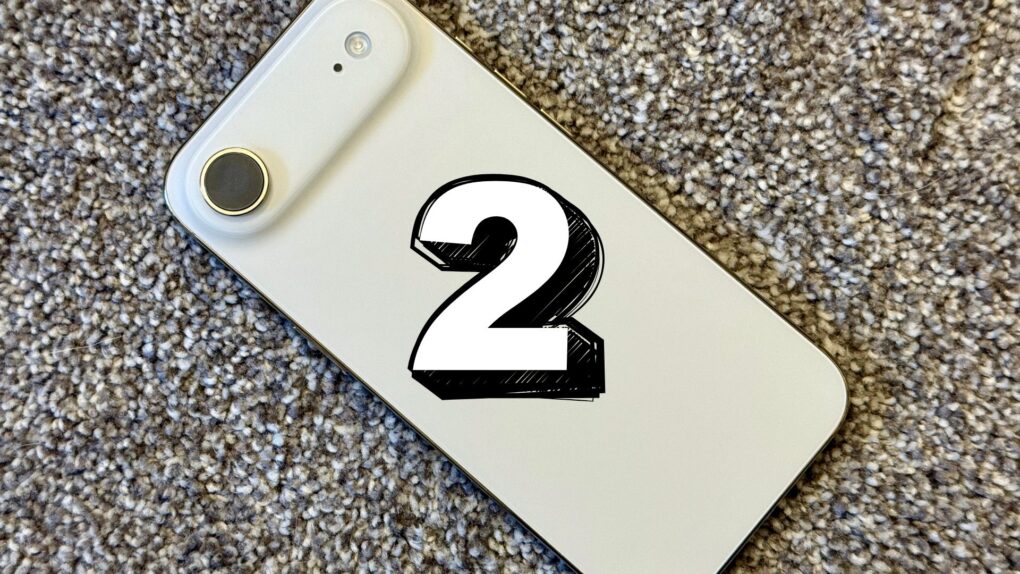Get the latest rumors and leaks about upcoming Apple products and behind-the-scenes developments. Cult of Mac staffers carefully evaluate Apple rumors in an attempt to discern what you can believe and what you shouldn’t.
Why is Apple so secretive?
Apple is a famously secretive company. Cupertino almost never talks about unreleased products or products in development. In fact, the company goes to extreme measures to maintain secrecy. And it pays off, not least in splashy product launch events with a surprise final reveal. In Steve Jobs’ famous words: “One more thing…”
Apple maintains its secrecy primarily to protect its product innovations, maintain a competitive advantage, create anticipation for product launches, and manage internal workflows efficiently.
Apple secrecy: Goals achieved
Apple’s culture of secrecy serves multiple strategic purposes:
Preventing leaks and protecting innovation: Apple’s secrecy helps keep new products and technologies hidden from competitors and the public until official launch. That can prevent rivals from copying or countering Apple’s innovations prematurely. Secrecy also avoids giving critics a chance to judge products before Apple deems them fully ready, which could harm sales or brand excitement.
Maintaining customer excitement and sales: By not revealing products early, Apple preserves customer anticipation and prevents potential buyers from delaying purchases of current models in anticipation of newer ones. For example, rumors about upcoming iPhones historically hurt sales of existing models. Secrecy helps Apple avoid this problem.
Ensuring smooth internal operations: Internally, secrecy helps Apple run more smoothly by limiting information flow to only those who need to know. This prevents distractions, reduces the risk of projects being prematurely killed or altered, and keeps teams focused on their specific tasks without unnecessary interference.
Creating a controlled power structure: Apple’s strict secrecy creates an internal hierarchy where access to information reflects one’s role and influence, reinforcing organizational control and discipline. Employees sign nondisclosure agreements, aka NDAs, and are often restricted from discussing their work even with colleagues outside their project teams, fostering a culture of compartmentalization.
Security measures to minimize information leaks: Apple employs extreme physical and procedural security measures, such as locked rooms, chained devices, frosted windows and strict badge access, to prevent leaks. Employees may be forbidden from discussing their work with family or friends. Violations can lead to termination or legal action.
Cultural legacy from Steve Jobs: Apple co-founder Steve Jobs worked to instill this culture of secrecy at the company. He believed in controlling information tightly to maintain the company’s mystique and competitive edge. The practice continues under the leadership of CEO Tim Cook as a core part of Apple’s identity and operational strategy.
Apple’s secrecy is a deliberate, multifaceted strategy designed to protect its innovations, maintain market excitement, control internal workflows, and uphold a disciplined organizational culture. Over the years, this approach proved critical to Apple’s success. It remains a defining characteristic of the company.
Reporting on Apple rumors
Despite the secrecy, lots of information leaks out, especially from Apple’s sprawling supply chain.
Leaks about new hardware, especially hardware currently in production, happen fairly often. We know a lot about the upcoming iPhone lineup, due in the fall, for example.
Leaks about software prove less common. That’s because software is generally developed at Apple’s Cupertino HQ, where secrecy is baked deep into the foundations of Apple Park.
Get the latest Apple rumors:
Read Cult of Mac’s latest posts on Apple rumors:
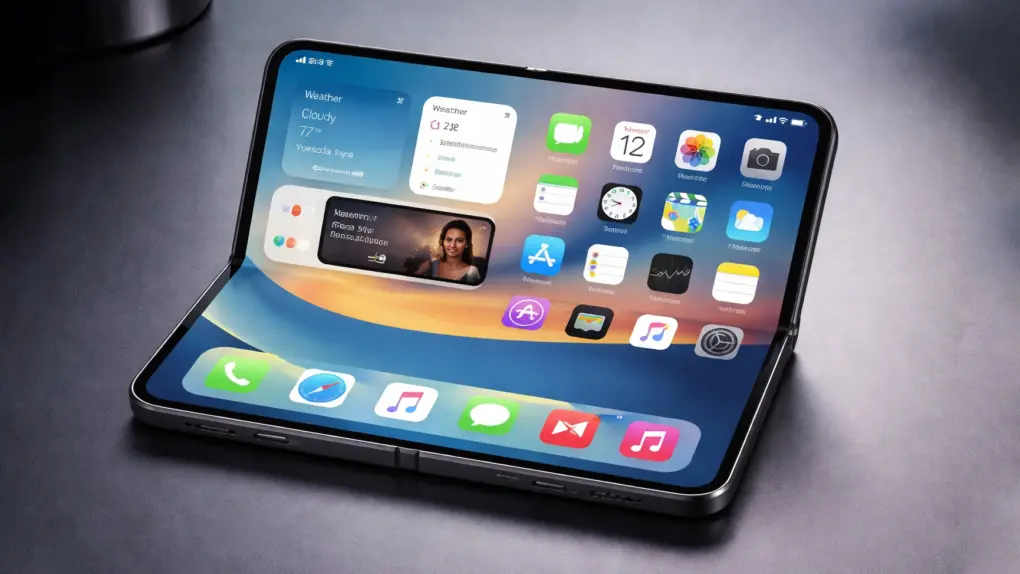



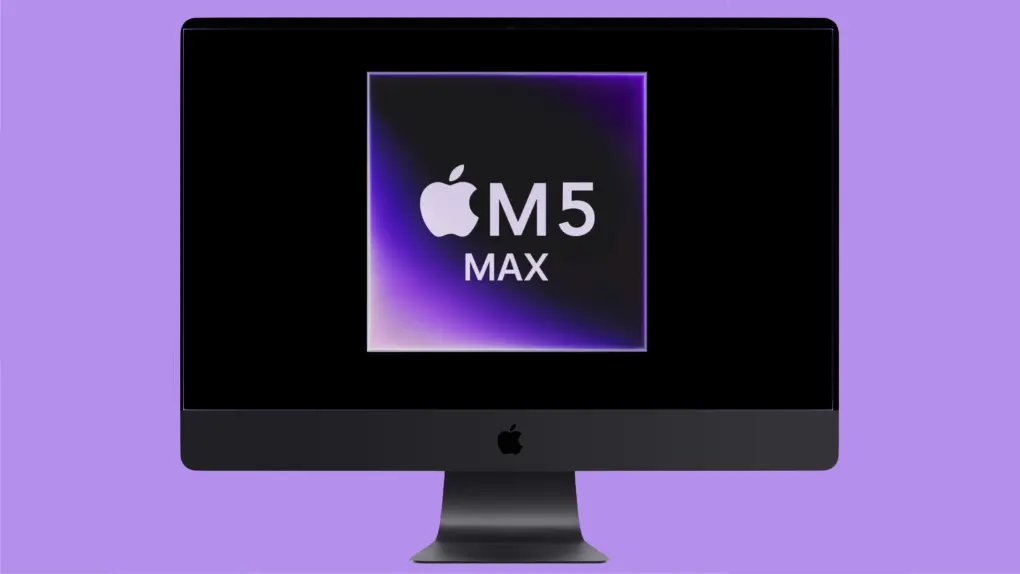
![Apple’s ‘HomePad’ could be a home run [The CultCast] The CultCast logo along with concept art of rumored Apple device called](https://www.cultofmac.com/wp-content/uploads/2025/12/The-CultCast-729-HomePad-rumors-1020x574.jpg.webp)
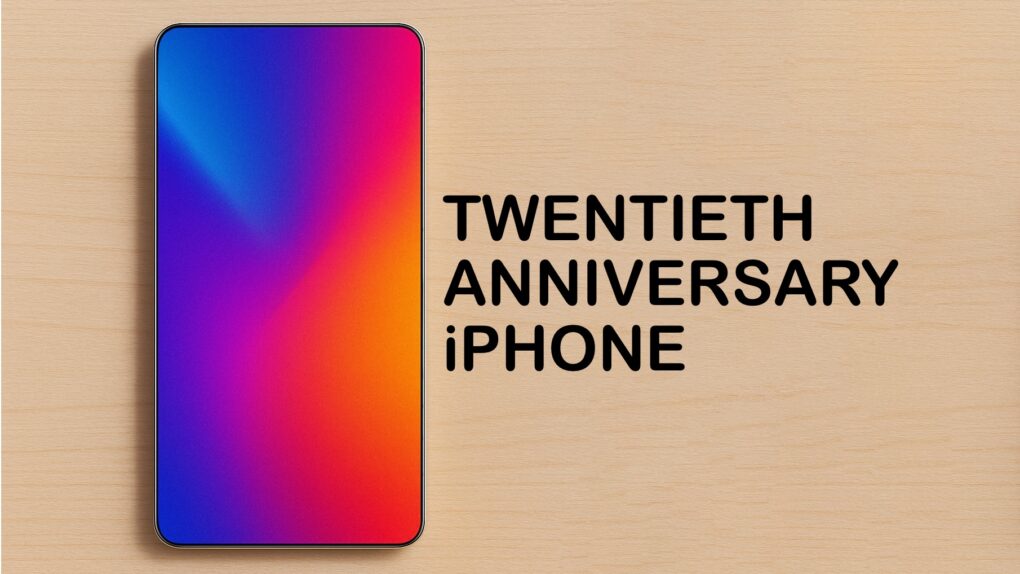




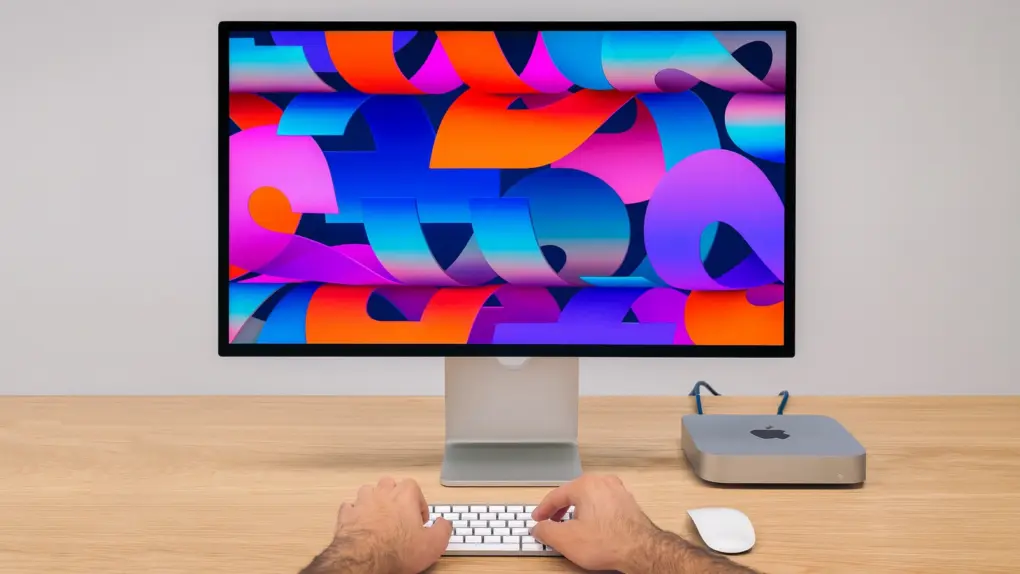
![The one executive Apple is fighting to keep [Updated] Screenshot from Apple video of Johny Srouji, Apple's senior vice president of hardware technologies, unveiling the M1 Pro chip in November 2020.](https://www.cultofmac.com/wp-content/uploads/2025/12/Johny-Srouji-unveils-Apple-silicon-M1-1020x574.jpg.webp)
![Shakeup in Apple’s C-suite! [The CultCast] The CultCast logo with a photo of ex-Apple UI design chief Alan Dye and the words,](https://www.cultofmac.com/wp-content/uploads/2025/12/The-CultCast-728-Bye-Bye-Alan-Dye-1020x574.jpg.webp)

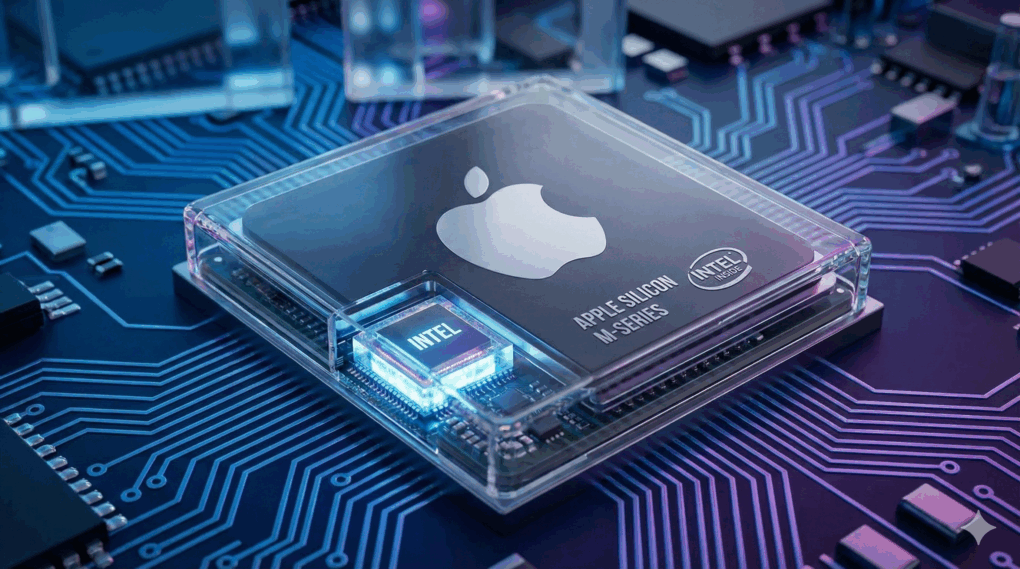
![Apple’s going on a serious bug hunt [The CultCast] The CultCast logo, with a comic version of an iPhone hunting a bug in iOS 27](https://www.cultofmac.com/wp-content/uploads/2025/11/The-CultCast-727-apple-bug-hunt-ios-27-1020x574.jpg)



![Tim Cook retiring in 2026? Say it ain’t so … [The CultCast] Photo of Tim Cook, the Apple CEO rumored to retire as early as January 2026, along with the logo for The CultCast podcast.](https://www.cultofmac.com/wp-content/uploads/2025/11/The-CultCast-726-Tim-Cook-retirement-rumor-1020x574.jpg)

